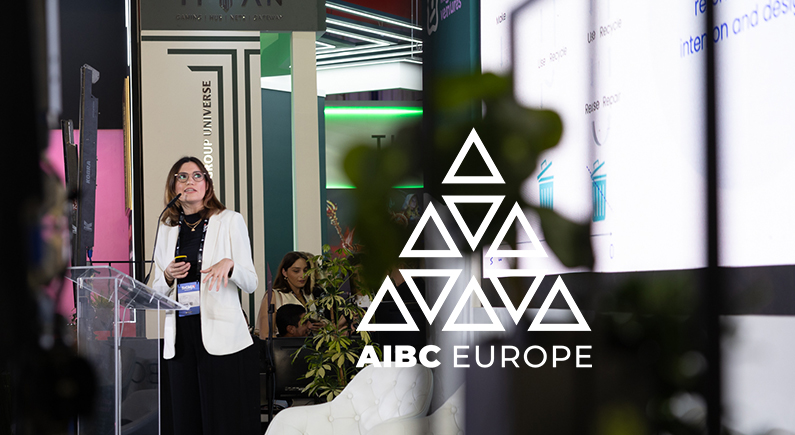Digital product passports for a circular economy

Laura Kajtasi took to the AIBC Europe stage during the Malta Week event to discuss the role of digital product passports (DPPs) in promoting a circular economy.
Working on DPPs for plastics and consumer electronics, Laura highlighted the use of IOTA’s Tangle, a directed acyclic graph, as a solution to scalability issues in traditional blockchains. She emphasised the need for a circular economy, which is restorative and regenerative by design, compared to the linear approach of extraction, production, and disposal.
DLT Contribution to DPPs
Laura outlined three key contributions of DLT to DPPs: data authenticity, auditability, and governance. With cryptographic signatures and decentralized digital identities, DLT ensures the authenticity of data, making it tamper-proof and trustworthy. Auditability is achieved through timestamping and maintaining an immutable ledger, allowing a transparent view of the product life cycle. Governance is enhanced by allowing multiple actors to join the network, creating an efficient and trustworthy ecosystem.
Real-world Examples
Laura presented two real-world examples of DPPs, focusing on plastics and consumer electronics. The DPPs provide comprehensive information about the products’ sustainability, recyclability, and life cycle, allowing consumers and stakeholders to make informed decisions. These passports also play a crucial role in compliance with upcoming regulations, such as the eco-design for sustainable products in the European Union.
As these initiatives gain momentum, the transformative potential of blockchain for global sustainability becomes increasingly evident.









